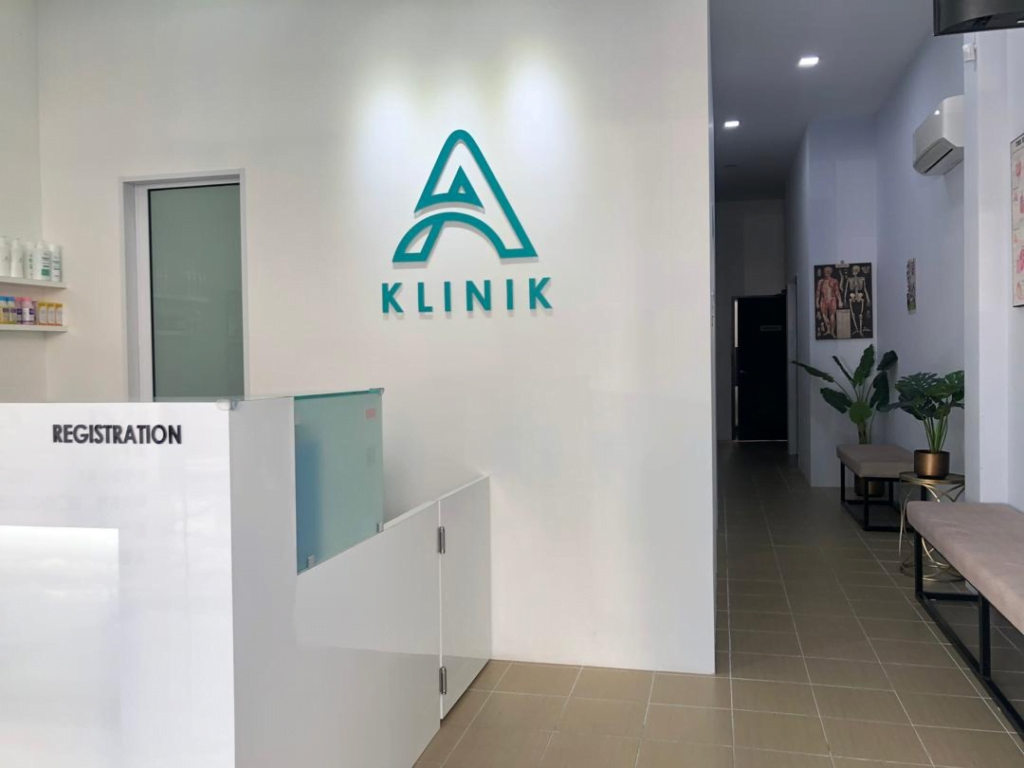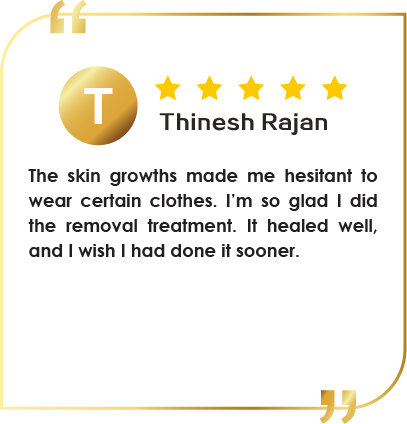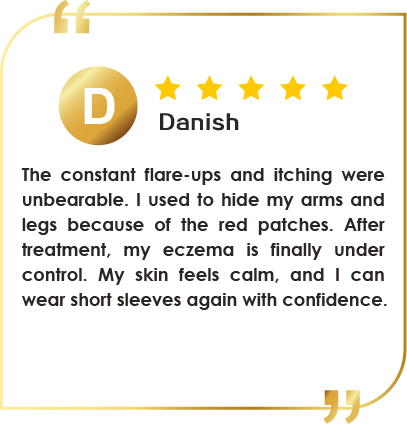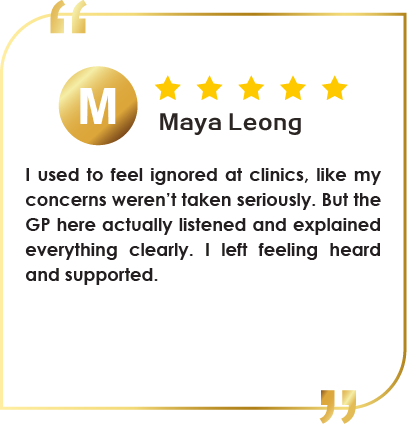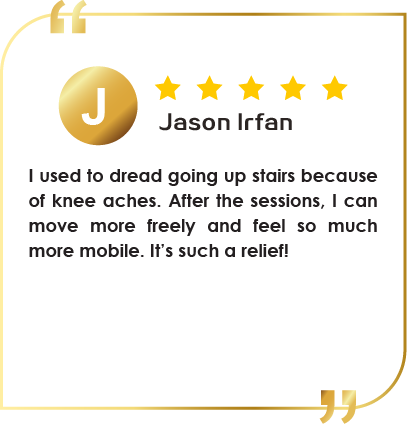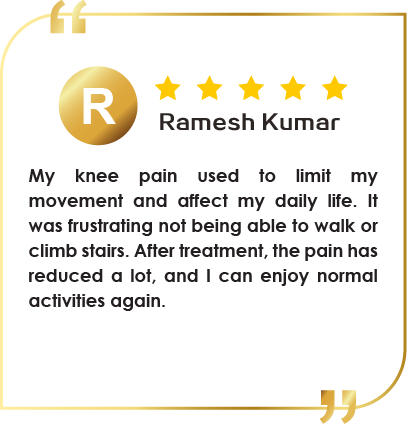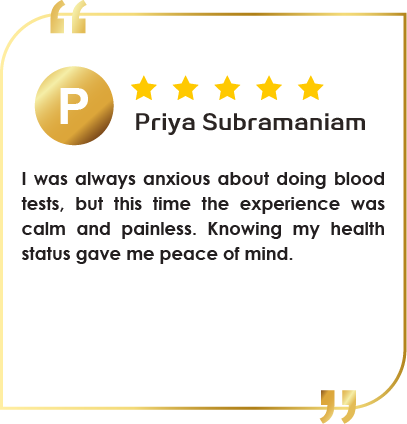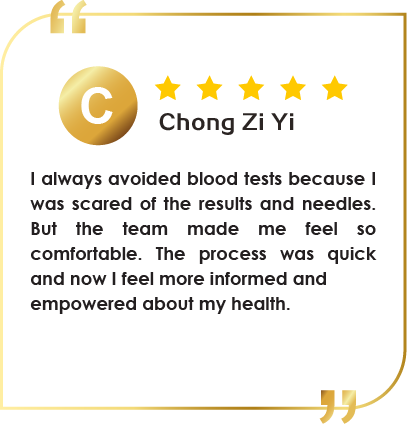Knee Gel Injections in KL & Penang
Knee Gel Injections
Knee pain can impact your daily life, hindering your ability to move freely and enjoy your day to day life. Knee gel injections, also known as viscosupplementation, can be a valuable tool in your pain management journey.
What are Knee Gel Injections?
Knee gel injections are minimally invasive procedures that involve injecting a gel-like substance called hyaluronic acid into the knee joint. Hyaluronic acid is a naturally occurring substance found in the synovial fluid. This fluid acts as a lubricant, reducing friction between the bones and cartilage during movement. It also functions as a shock absorber, cushioning the joint and protecting it from impact.
As we age, the body’s natural production of hyaluronic acid can diminish. This decrease in lubrication can lead to increased friction within the joint, contributing to pain and stiffness.
Benefits of Knee Gel Injections
Reduced Pain: Hyaluronic acid injections can help lubricate the joint, reducing friction and pain. This can significantly improve your ability to move and participate in activities.
Improved Mobility: With reduced pain and better lubrication, your knee joint can move more smoothly, increasing your range of motion and flexibility.
Non-Surgical: Knee gel injections are a minimally invasive procedure, offering an alternative to surgery for some individuals.
Relatively Quick Procedure: The injection process is typically quick and well-tolerated, allowing you to resume most activities shortly after.
Who Can Benefit from Knee Gel Injections?
Knee gel injections are recommended for individuals suffering from:
- Osteoarthritis: This is the most common form of arthritis, characterized by the breakdown of cartilage in the knee joint.
- Knee pain: If your knee pain is caused by a lack of lubrication, these injections can provide relief.
Risk Factors of Knee Pain
Knee pain can affect people of all ages and activity levels. However, certain factors can increase your risk of developing knee problems. Conditions like rheumatoid arthritis, gout, and inflammatory bowel disease can also contribute to knee pain.
Age
As we age, the cartilage in our knee joints naturally breaks down, making them more susceptible to wear and tear. This is a major risk factor for osteoarthritis.
Injuries
Previous knee injuries, particularly ligament tears, meniscus tears, and fractures, can significantly increase your risk of future knee pain and osteoarthritis.
Weight
Carrying excess weight puts additional stress on your knee joints, increasing the risk of pain and injuries
Repetitive Strain
Activities that involve repetitive movements that stress the knee joint, such as running, jumping sports, or certain physically demanding jobs, can contribute to knee pain over time.
Muscle Weakness
Weak or imbalanced muscles around the knee joint can lead to improper tracking and increased stress on the joint, increasing the risk of pain.
Leg Alignment Issues
Improper leg alignment, such as flat feet or knock knees, can alter the way weight is distributed across the knee joint, leading to pain and uneven wear on the cartilage.
When To See a Doctor for My Knee Pain
While some knee pain can be managed with home remedies and lifestyle changes, there are situations where seeking professional medical attention is crucial. Here are some signs that indicate it’s time to see a doctor for your knee pain:
- The pain is severe and interferes with daily activities: If the pain is so intense that it makes it difficult to walk, climb stairs, or perform everyday tasks.
- The pain is persistent and lasts for more than a few days: Acute pain that arises after a specific injury may subside within a few days. However, if the pain persists for more than a week or two, especially with no clear cause, it’s important to see a doctor for diagnosis and treatment.
- Swelling or redness around the knee: Significant swelling or redness around the knee joint can indicate inflammation or injury, and requires medical evaluation.
- Instability or buckling of the knee: Feeling like your knee might buckle or give way when walking or putting weight on it is a red flag and requires a doctor’s assessment.
- Loss of range of motion: If you experience a significant decrease in your knee’s ability to bend or straighten, seeking medical advice is essential.
- Fever: If you experience knee pain along with a fever, it could be a sign of an infection, requiring immediate medical attention.
Early diagnosis and treatment are crucial for managing knee pain effectively and preventing further complications. If you experience any of the above signs, don’t hesitate to schedule an appointment with A Klinik Doctors.
How it works
Getting Pain Relief for Your Knee
Step 1
Consultations
Our doctors will discuss your symptoms and perform a thorough physical examination of your knee.
Step 2
Treatment
Depending on your current condition, we will suggest a suitable treatment and you can come in for your appointment.
Step 3
Recovery
After treatment, we will monitor the progress of recovery and address any pain that may come up.

Why Choose us
The Best Clinical Experience
We believe in a patient-centered approach to healthcare. This means we take the time to listen to your concerns, understand your medical history, and work with you to develop a treatment plan that aligns with your individual needs and goals.
We uphold the highest standards of safety in all our treatments, ensuring that every procedure is conducted with utmost care and precision
Get transformative results with our advanced treatment modalities and techniques.
We listen to concerns, understand your goals, and tailor our treatments to meet your specific needs.
FAQ on Knee Gel Injections
Frequently Asked Questions
No, the effects typically last for several months and may need to be repeated for continued benefit.
Side effects are usually mild and may include temporary pain, swelling, or redness at the injection site. Infection is a rare risk.
- The area around your knee will be cleaned and numbed with a local anesthetic.
- A doctor will inject the hyaluronic acid using a thin needle into the knee joint.
- The entire procedure typically takes less than 30 minutes.
Most people can resume daily activities shortly after the procedure.
The frequency depends on your individual needs and the duration of the pain relief.
A Trusted Medical Clinic in KL & Penang
A Klinik Penang
Don’t let knee pain hold you back! With our expertise and personalized approach, we can help you regain mobility and help you recover to a more active and healthy life. To schedule an appointment or learn more about our services, contact us today!
